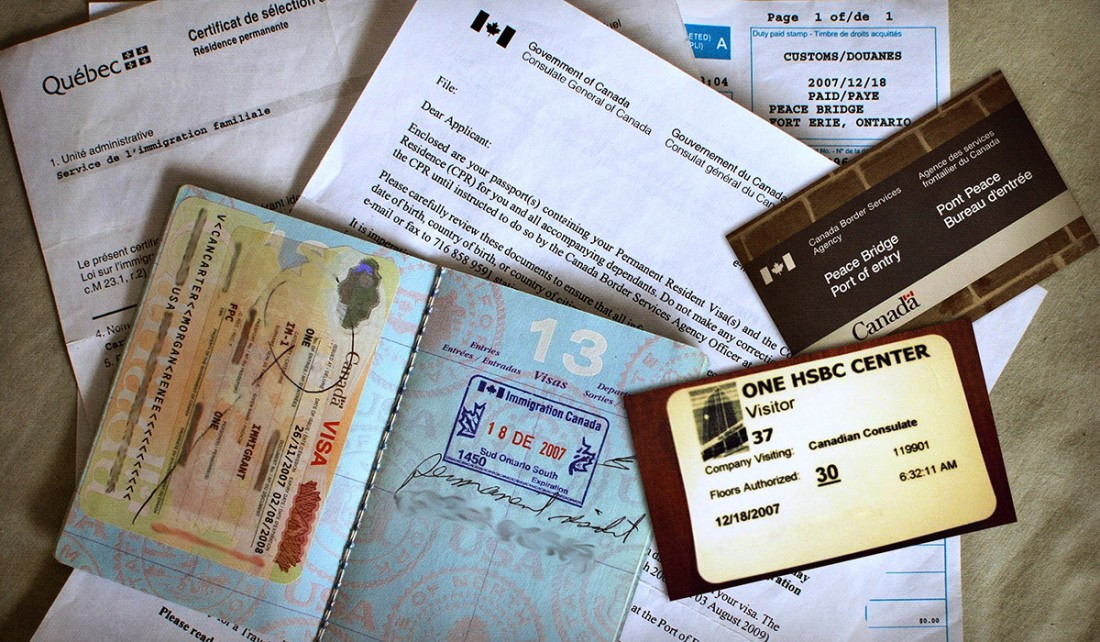Proposed changes to immigration rules make it harder to become Canadian
International students to face extended wait times on path to citizenship
On February 6, 2014 the Canadian Federal government tabled Bill C-24, a new piece of legislation that proposes changes to the Citizenship Act making it more difficult for many to become Canadian citizens.
While it is no secret that Canada needs increased immigration to help build our economy, these new provisions set up barriers that will prolong the citizenship process and penalize those who wish to make Canada their home.
The Strengthening Canadian Citizenship Act proposed by Minister Chris Alexander is intended to reduce the backlog of applications, while at the same time impose harsher penalties on those who commit immigration fraud.
Most Canadians don’t debate the need to prevent intentional immigration fraud, and to crack down on malicious citizenship consultants, but Bill C-24 ultimately penalizes those who legitimately want to establish themselves as Canadians, and contribute to our economy, society and multicultural national identity.
For example, Bill C-24 will increase the application fees imposed on those who file for citizenship. While the Minister claims that Canadians currently subsidize about 80 percent of the cost to process applications, he fails to explain the fact that permanent residents currently pay income tax, sales taxes, business taxes and property taxes in the same manner that Canadian citizens do. He also fails to recognize that successful applicants who pay these fees will soon be paying into the tax base as Canadians themselves.
Another striking change will directly affect the thousands of skilled international students studying at post-secondary institutions across Canada. Bill C-24’s proposed changes to the Residency Requirements of the Citizenship Act will no longer recognize time spent in Canada as a non-permanent resident towards applicants’ citizenship residency requirements.
This means that foreign students who have studied, worked, and built relationships during the course of their programs will not be able to count that time towards becoming Canadian citizens. Prior to the imposition of Bill C-24, these skilled, Canadian-trained students would be able to become citizens sooner.
The economic benefit of expediting Canadian-trained students through the immigration process should be apparent to this government, however it is not.
Here in Manitoba, the federal government unilaterally announced drastic changes to the Provincial Nominee Program and provincial settlement services in 2012, setting up additional barriers to newcomers, and reducing the capacity of settlement programs to cater services to best help those in need.
Additionally, only a few days prior to last week’s announcement of Bill C-24, the federal Parent and Grandparent Super Visa program reached its 5,000 person quota for 2014. This program was designed to help re-unite parents and grandparents from overseas with their family in Canada for specified periods of time. With the arbitrary quota for 2014 being met within a month of the New Year, in addition to the provisions under C-24, the federal government’s vision for immigration in Canada is not about strengthening Canadian citizenship, rather, it’s about making citizenship to our great country more restrictive, punitive and out-of-reach.
David Jacks is a former UWSA President and is currently a Communications Representative at the Canadian Union of Public Employees.
Published in Volume 68, Number 21 of The Uniter (February 19, 2014)







